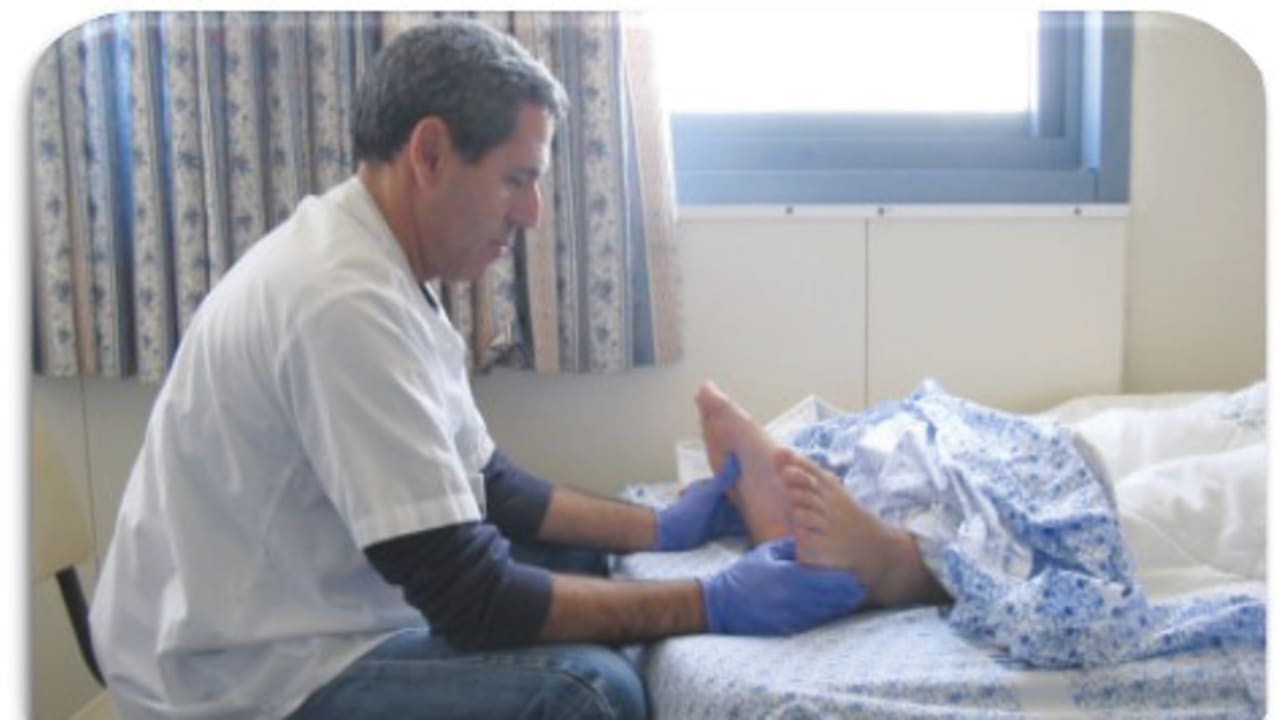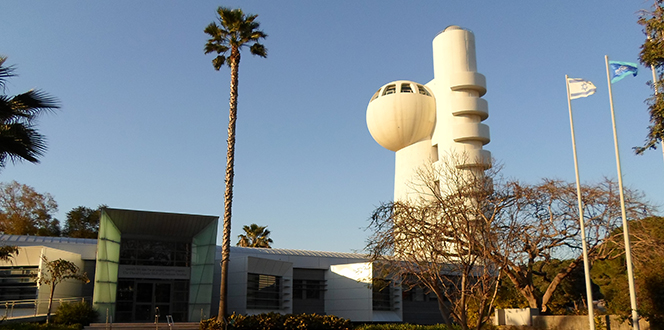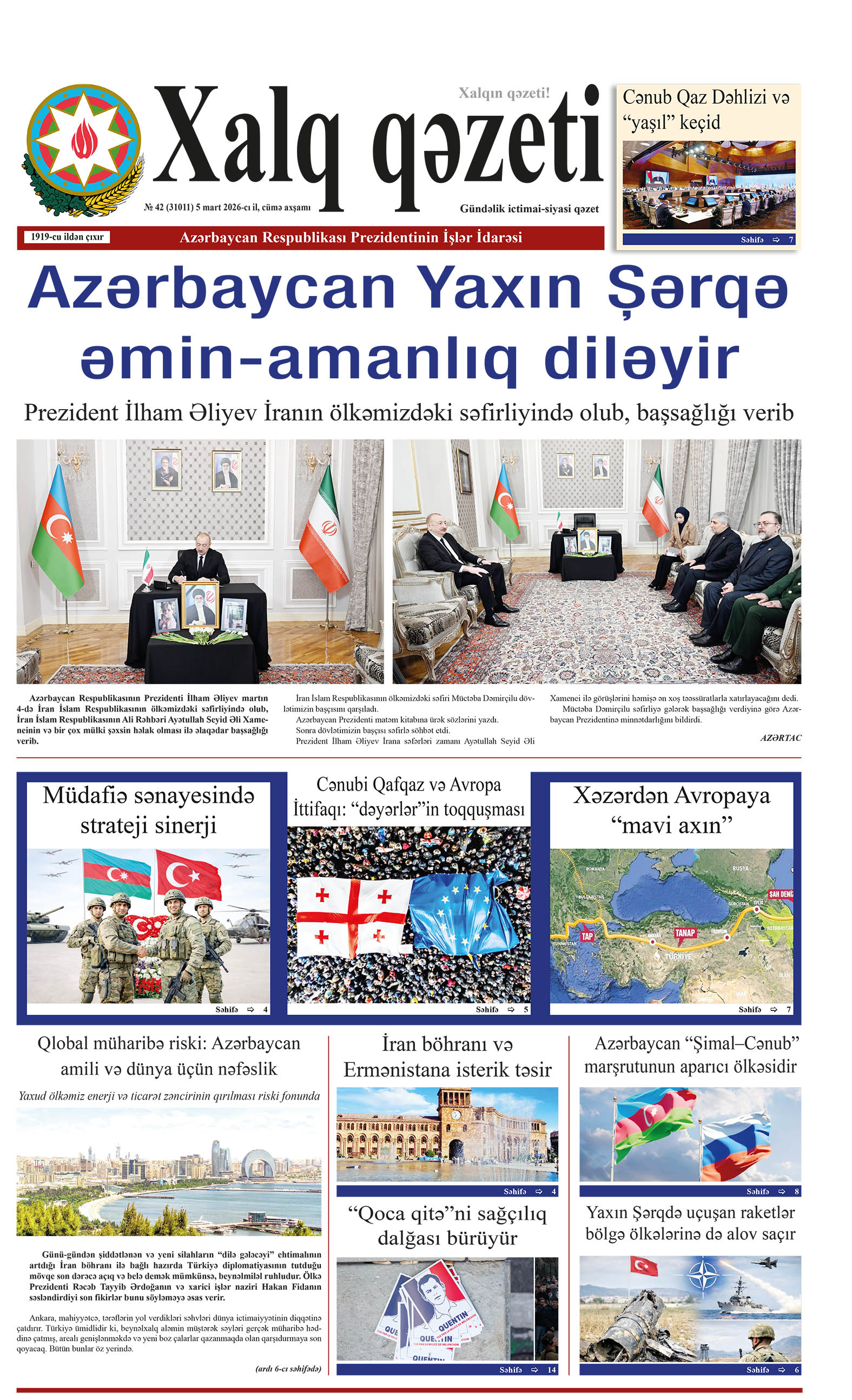Jerusalem Post
ByJUDY SIEGEL-ITZKOVICH
Also known as “zone therapy,” reflexology is an ancient practice that began in Egypt, China, and India and made its way to the West a century ago.
Reflexology – the complementary-medicine technique in which pressure is applied to specific points on the hands, feet and ears – can reduce the anxiety of patients before undergoing surgery, according to a new study conducted at Haifa’s Bnei Zion Medical Center.
Dr. Shmuel Attias, director of the government hospital’s Complementary Medicine Network, led the research as part of his doctoral thesis in public health and published his findings in the prestigious scientific journal Frontiers in Medicine. It was titled “Effectiveness of standard of care, vs. its combination with reflexology and sham reflexology on preoperative anxiety in patients undergoing elective laparoscopic cholecystectomy: a single-blinded randomized controlled trial.”
Cholecysectomy (gallbladder removal) due to gallstones is one of the most common operations in general surgery. Gallstones develop in women twice as much as men (65% of the cases) because of the effects of estrogen on them, he said. Today, this type of surgery is usually done electively in the laparoscopic (keyhole) method instead of opening up the abdomen.
Also known as “zone therapy,” reflexology is an ancient practice that began in Egypt, China, and India and made its way to the West a century ago. Applying pressure to reflex points without using oils or lotions, it’s based on the theory that these points correspond to different organs and parts of the body and that manipulating them can affect the corresponding areas. Practitioners use reflex maps that link specific areas of the feet, hands, or ears to other parts of the body.
Attias states that anxiety before operations is a common phenomenon and may have a negative impact on the health of the patient. In most cases, the problem is treated with certain medications that may cause side effects and affect the course of surgery, usage of anesthetics, and the recovery period that follows in different aspects such as pain, wound healing, nausea and vomiting, length of hospitalization and recovery, and immune-system status.
A previous controlled, randomized clinical trial on 360 surgical patients showed that 70% of the subjects experienced moderate-to-high levels of anxiety about an hour before the surgery, despite being treated with the standard-of-care, which involves giving medications that reduce anxiety symptoms like fear, dread, and physical tension.
“Studies conducted at Bnei Zion Medical Center and in other medical centers around the world have shown that complementary-medicine treatments including reflexology may reduce anxiety levels,” Attias told The Jerusalem Post. “However, some have argued that the effect of the treatment does not necessarily stem from the principles of reflexology itself, but from the soothing touch and personal approach that accompanies it.
“To examine this issue, we conducted a comprehensive study, which also included a control group that received ‘reflexology-like’ treatment, a touch that does not apply the principles of the method, thus enabling an accurate and well-founded comparison.”
SOME 300 patients who underwent laparoscopic gallbladder surgery at Bnei Zion were divided into three groups – standard treatment only; reflexology treatment in addition to standard treatment; and reflexology-like treatment in addition to standard treatment. Anxiety levels were tested using a questionnaire at the entrance to the operating room and during surgery.
The team showed that the reflexology group recorded a significant decrease in anxiety levels compared to the two control groups. Among all participants, an average gap of 0.8 points on a scale of 0-10 was found in favor of reflexology, while among patients with moderate-high anxiety levels at the beginning of the study, who constituted about 75% of the sample, an even more significant gap of 1.3 was found.
Attias said that very few patients refuse to undergo the complementary-medicine procedure. “They’re in the hospital and don’t feel well, so most are willing to try anything that could help them. Very religious Jews and Muslims may decline.” Attias works with two women who practice reflexology and carry out the free treatment in the obstetrics and hematology departments.
Reflexology has unique contribution to reducing preoperative anxiety
The study proves that reflexology has a unique contribution to reducing preoperative anxiety, beyond the effect of the attention and care given to patients, Attias told the Post. “It is a simple, non-invasive tool that has the potential to improve the patient’s experience alongside conventional medical treatment.”
Prof. Elad Schiff, director of the Second Department of Internal Medicine and head of the Complementary-Medicine Division, commented: “The study has an important applied contribution, which can enrich the toolbox of medical teams in managing preoperative anxiety and improve the well-being of patients in a safe way and without side effects.”
Established five years ago, the division staff work in inpatient and outpatient departments with treatments provided at no cost to the patient. In addition, within the framework of the system, there is ongoing operational research, which includes numerous research publications in international journals.
















